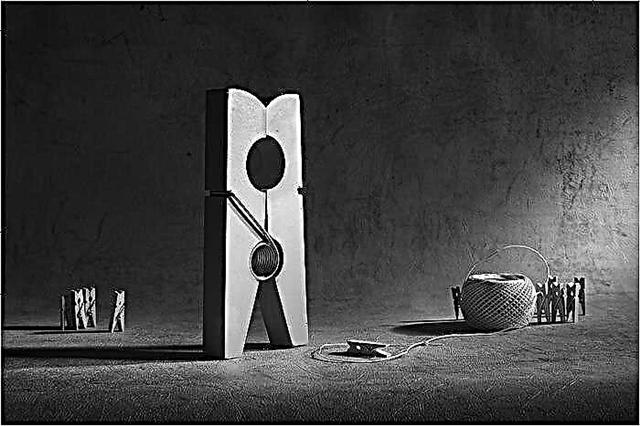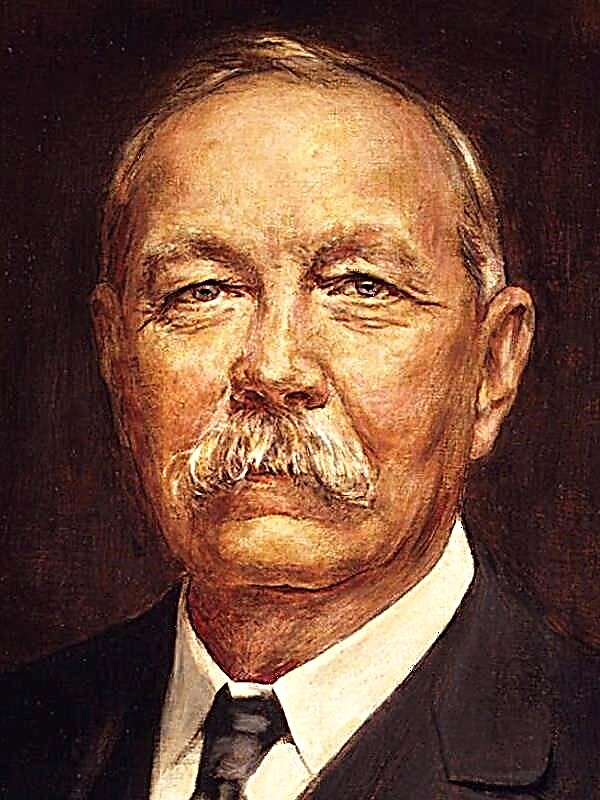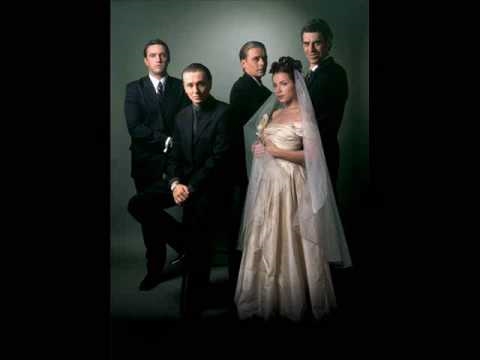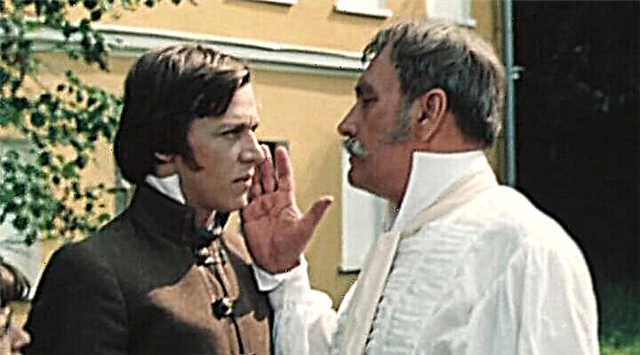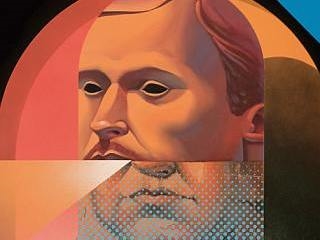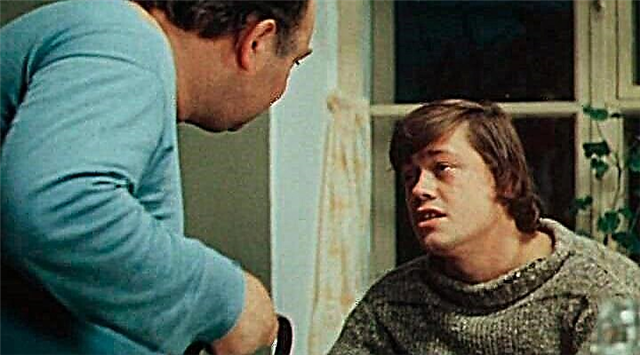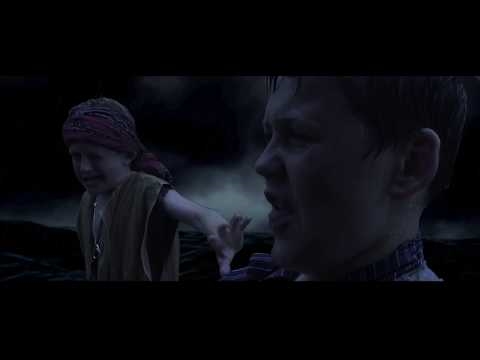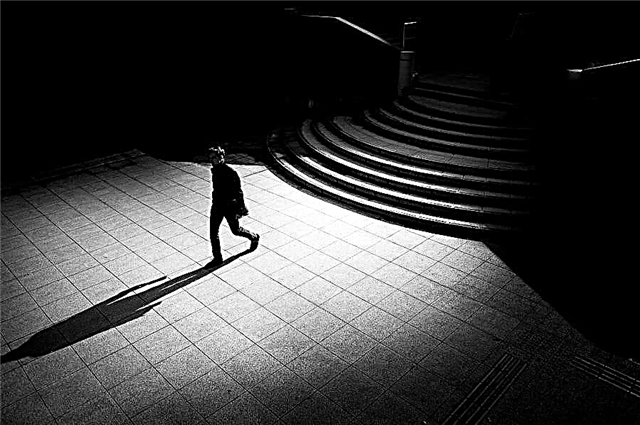After the end of the Russo-Japanese War, I chose a better three-ruler and went from Manchuria to Russia. Soon enough, he crossed the Russian border, crossed a ridge and met a Chinese man, a seeker of ginseng, on the ocean. Louvain sheltered me in her fanza, sheltered from typhoons in the glen of Zusu-he, completely covered with irises, orchids and lilies, surrounded by trees of unprecedented relict rocks, densely entwined with vines. From a secluded place in the thickets of Manchurian walnut and wild grapes, I happened to see the miracle of the seaside taiga - the female sika deer Hua-lu (Flower-deer), as the Chinese call it. Her slender legs with tiny strong hooves were so close that it was possible to grab the animal and tie. But the voice of a man who appreciates beauty, understands its fragility, drowned out the hunter's voice. After all, a wonderful moment can be saved, unless you touch it with your hands. This was understood by a new person born in me almost in these moments. Almost immediately, as if in reward for defeating the hunter in myself, I saw a woman on the seashore from a steamer who had brought migrants.
Her eyes were exactly like Hua-lu's, and all of her, as it were, affirmed the inseparability of truth and beauty. This new, timidly enthusiastic man immediately opened up to her in me. Alas, the hunter who woke up in me almost destroyed the almost completed alliance. Having occupied all the heights again, I told her about the meeting with Hua-lu and how I had overcome the temptation to grab it, and the deer-flower turned into a reward, as it were, as a reward, a steamer that arrived in the bay. The response to this recognition was a fire in his eyes, a fiery blush and half-closed eyes. There was a beep of the ship, but the stranger did not seem to hear it, and I, as was the case with Hua-lu, froze and continued to sit motionless. With a second beep, she got up and, without looking at me, went out.
Louvain knew well who the steamer had taken from me. Fortunately for me, it was an attentive and cultured father, because the essence of culture is in the work of understanding and communication between people: "Your ginseng is still growing, I will soon show it to you."
He kept his word and took him to the taiga, where twenty years ago “my” root was found and left for another ten years. But the red deer, passing, stepped on the head of ginseng, and it froze, and recently it began to grow again and in about fifteen years it will be ready: "Then you and your bride - you will both become young again."
Having engaged in a very lucrative antler production with Luvan, from time to time I met Hua-lu with her one-year-old fawn. Somehow the idea came to itself to domesticate sika deer with the help of Hua-lu. Gradually, we taught her not to be afraid of us.
When the race began, the most powerful handsome stag beetles came for Hua Lu. Precious antlers were not mined now with the same labor as before and not with such injuries for relic animals. This very thing, done in the coastal subtropics, among unspeakable beauty, became for me a cure, my ginseng. In my dreams, in addition to taming new animals, I wanted to “Europeanize” the Chinese who worked with me so that they would not depend on people like me and could stand up for themselves.
However, there are terms of life that are not dependent on personal desire: until the time has come, conditions have not been created - the dream will remain a utopia. And yet I knew that my ginseng root was growing and I would wait for my term. Do not give in to despair at failure. One of these failures was the flight of deer to the hills. Hua-lu somehow stepped on the tail of a chipmunk, feasting on the beans that had fallen from its feeder. The animal grabbed her leg with her teeth, and the deer, mad with pain, rushed to the side, and behind her the whole herd that brought down the barriers. In the ruins of the nursery, how can one not think that Hua-lu is a witch who beckoned with her beauty and turned into a beautiful woman who, as soon as I fell in love with her, disappeared, plunging her into longing. As soon as I began to cope with it, breaking the vicious circle with creative power, Hua-lu destroyed it all.
But all these philosophies are always broken by life itself. Suddenly she returned with her deer Hua-lu, and when the race began, the males came for her.
Ten years have passed. Louvain had already died, and I was still alone. The nursery grew, became rich. There is a time limit for everything: a woman reappeared in my life. This was not the woman who once appeared, like the deer flower, who turned into the princess Hua-lu. But I found in it my own being and fell in love. This is the creative power of the root of life: to overcome the boundaries of oneself and to reveal oneself in another. Now I have everything; The work I created, my beloved wife and children. I am one of the happiest people on earth. However, at times one trifle is disturbing, which does not affect anything, but about which it must be said. Every year, when deer dump their old horns, some pain and longing drives me from the laboratory, from the library, from my family. I go to a rock, from the cracks of which water flows out, as if this rock is always crying. There, the past resurrects in memory: I see a grape tent in which Hua Lu stuck a hoof, and the pain turns into a question for a stone friend, a rock or reproaching himself: “Hunter, why didn’t you grab her hoof!”



